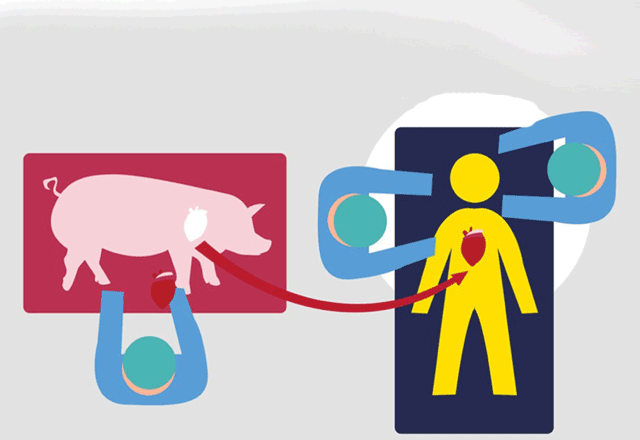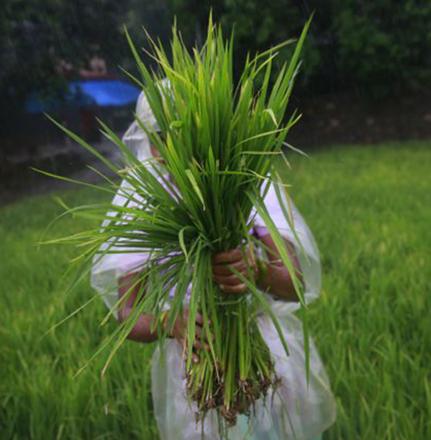You are here
Civil alliance rejects proposal to allow genetically modified food entry to Kingdom
By Hana Namrouqa - Jun 27,2018 - Last updated at Jun 27,2018
AMMAN — An alliance of 43 networks, societies, syndicates, parties and grass-root initiatives announced on Tuesday their absolute rejection to a proposed decision that would allow the entry of products with genetically modified organisms (GMOs) into the country.
The alliance warned that the decision, allegedly approved by the higher committee of the Jordan Food and Drug Administration, will cause grave health, environment, economic and social ramifications, indicating that GMOs pose serious risks.
In a statement released yesterday at a press conference, representatives of leading NGOs, societies and movements demanded that the Cabinet “revoke the decision altogether”.
Razan Zuayter, chair of the Arab Network for Food Sovereignty and co-founder of the Arab Group for the Protection of Nature, said that while some claim that GMOs are not scientifically proven to have negative effects on health, “we argue that they are also not scientifically proven to be safe!”
GMOs can be defined as organisms in which the genetic material has been altered in a way that does not occur naturally. The technology, often called “modern biotechnology” or “gene technology”, allows selected individual genes to be transferred from one organism to another, also between non-related species.
Such methods are used to create genetically modified plants, which are then used to grow genetically modified food crops, according to the World Health Organisation (WHO) website.
Genetically modified foods are developed and marketed because there is some perceived advantage either to the producer or consumer of these foods. This is meant to translate into a product with a lower price, greater benefit in terms of durability or nutritional value, or both, according to WHO.
GMO crops currently on the market, WHO says, are mainly aimed at an increased level of crop protection through the introduction of resistance against plant diseases caused by insects or viruses or through increased tolerance towards herbicides.
Zuayter said that promoters for the technology claim that it aims at fighting hunger and poverty, underscoring that fighting both social diseases can happen by guaranteeing the public, mainly farmers, a just and fair distribution as well as access to food, land, water and natural resources.
She said that the government is obliged to ban the entry of products with GMOs until their effects are thoroughly studied.
“First and foremost, products with GMOs must be banned from entry into the country. We also demand that products with GMO ingredients be labelled to inform consumers, who have the right to know what they are consuming,” Zuayter highlighted.
Basel Burgan, a member of the alliance, said that a law penalising companies that fail to declare that their products have GMO ingredients should be drafted.
“It is the right of the people to know,” Burgan said at the conference.
He stressed that the alliance completely rejects the entry of GMOs into Jordan, especially in food products and seeds, noting that fodder that has GMOs also needs further discussion between the civil society and the government.
Burgan highlighted that a series of lectures will be organised to raise the awareness of the Jordanian society on GMOs, while Zuayter said that a peaceful and civilised campaign will be announced in due time if the government does not respond to the alliance’s demands.
“In a peaceful and civilised manner, we are going to push the government for a political will that deals with this issue seriously,” Zuayter noted.
Related Articles
WASHINGTON — US surgeons who transplanted a genetically modified pig kidney into a brain dead patient said on Wednesday the organ was still
WASHINGTON — US surgeons have successfully implanted a heart from a genetically modified pig in a 57-year-old man, a medical first that could one day help solve the chronic shortage of organ donations.
LOS BANOS, Philippines — Rice-growing techniques learned through thousands of years of trial and error are about to be turbocharged with DNA



















